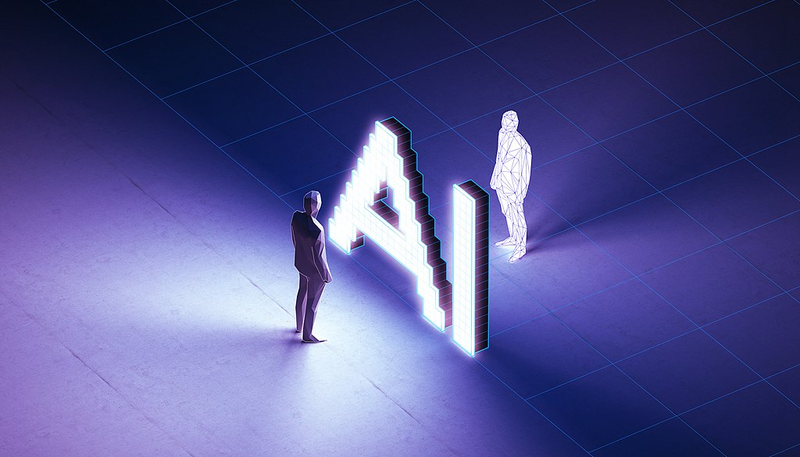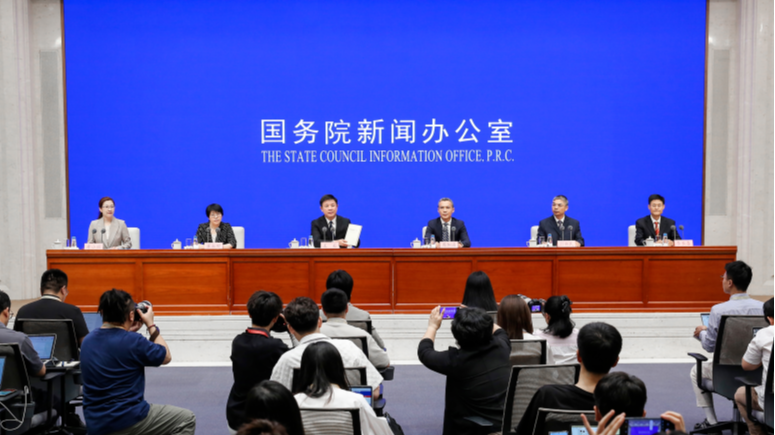Italy has become the first European Union country to implement a sweeping artificial intelligence (AI) law, setting a precedent for balancing innovation with ethical safeguards. Approved by parliament on Wednesday, the legislation aligns with the EU’s upcoming AI Act and establishes strict guidelines for transparency, privacy, and human oversight across sectors ranging from healthcare to education.
A Human-Centric Framework
The law mandates traceability of AI decisions, requiring human intervention in critical areas like medical diagnoses and workplace management. Prime Minister Giorgia Meloni’s government emphasized that AI development must prioritize "growth, rights, and full protection of citizens," according to Undersecretary for Digital Transformation Alessio Butti.
Youth Safeguards and Penalties
Children under 14 will need parental consent to access AI tools, while new criminal provisions target harmful deepfakes and AI-generated content, with prison terms of 1–5 years for violations. Identity theft and fraud involving AI will face harsher penalties.
Funding and Sector-Specific Rules
Up to €1 billion ($1.18 billion) from a state-backed fund will support AI and cybersecurity ventures. In healthcare, doctors retain final decision-making authority, and employers must notify workers when deploying AI systems. Copyright protections apply to AI-assisted works if they reflect "intellectual effort."
Oversight and Criticism
The Agency for Digital Italy and National Cybersecurity Agency will oversee implementation, though critics argue funding falls short compared to global initiatives. The law’s cross-sector approach positions Italy as a test case for EU-wide AI governance.
Reference(s):
Italy enacts AI law covering privacy, oversight and child access
cgtn.com








